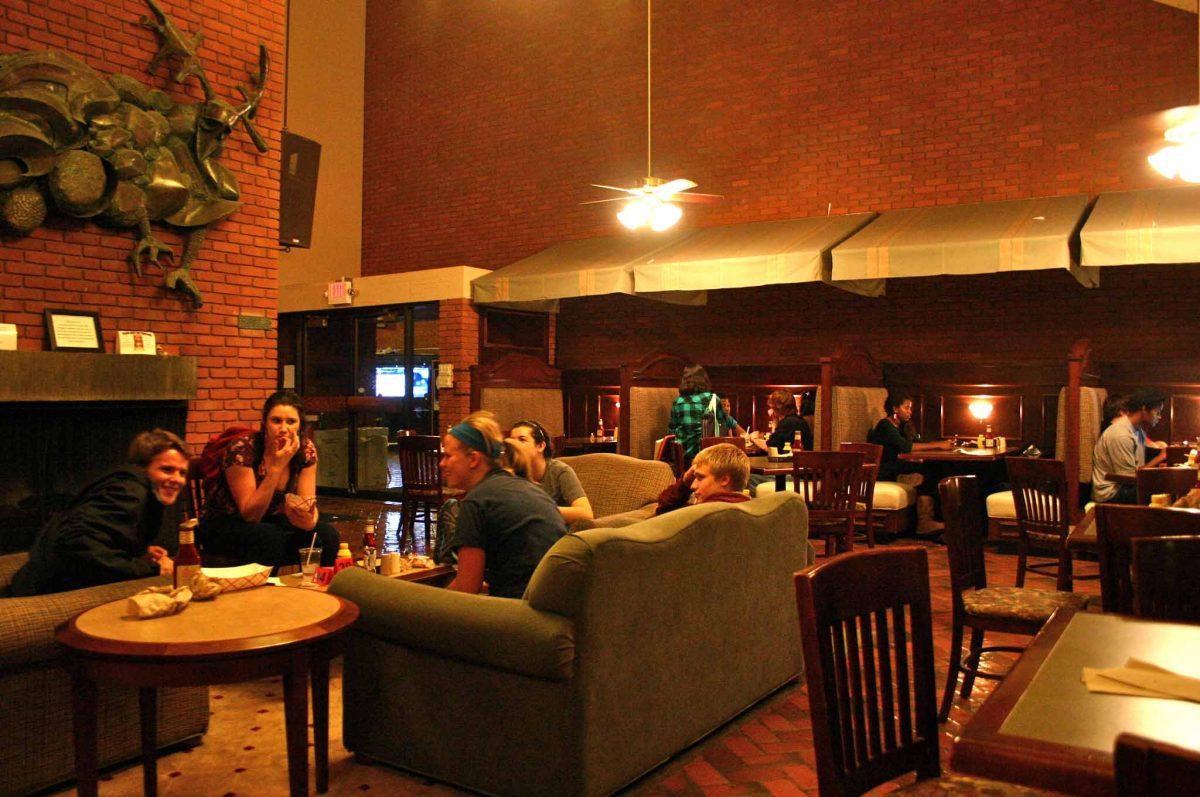“We want to do less discipline!” announced Dorsie Glen, Dean of Students, at the end of this term’s Leadershop, an event during which Principia’s student leaders gather to talk about strategy and vision for student government. Principia’s moral codes are a crucial component of the current way we do character education. Let’s think about that for a bit.
There are of course many aspects of character education that happen completely outside of Principia’s rules. That said, by having rules about certain things (drinking alcohol, for example) Principia forces students to make a conscious decision about those issues here and now. One of the difficult questions that arises from this is what to do when people make decisions that differ from Principia’s position on such an issue. One of the obvious ways we act as an institution in such situations is through discipline.
Over the past few years, we have done some serious institutional thinking about how we do discipline, introducing ‘soft’ disciplinary procedures, such as Restorative Justice, as an addition to existing ‘hard’ disciplinary processes, such as suspension. There are certainly obvious connections to be drawn between Restorative Justice and character education. The conversational nature of the process guarantees resolution to some extent.
In this process, either transgressors recognize the error of their actions and reconcile themselves with the institution, or they peacefully conclude that they have a right to make such decisions for themselves, and that consequently the institution is the wrong place for them. Alternatively, compromise is reached in which individuals concede that while they disagree with the way Principia forces their hand on certain decisions, they are willing to defer such behavior until after college in exchange for healthy participation in all that Principia offers.
While the process surely has its faults, it is certainly a character-oriented approach to discipline. The same is not true for hard discipline. When we suspend individuals, we throw ourselves open to their bad feeling, the disappointment of their friends, and ultimately, the participation of one fewer individual in the game of Principia. Ask any student what the best thing about Principia is, and, with very few exceptions, you will hear “the people!” When we kick people out, we erode that, bit by bit.
This is not an easy problem to solve. If we ignored the standards we have set for ourselves, that would not say a great deal for our institutional character. Having high expectations for community members is not a bad thing (the conversation about what those expectations ought to be is a separate and complex discussion for another time). That said, when we exclude people based on their approach to these policies, we all lose out.
So what is to be done? I believe that Dean Glen’s proclamation represents a significant step in the right direction. She went on to explain that the Office of Student Life gets involved in disciplinary action when cases are brought to them. They are not in the business of intruding into the private lives of students, but when transgressions of community standards are brought to their attention, they are obliged to act. The solution then, the way that we get to a situation where we “do less discipline,” is by dealing with these issues on a smaller scale. If we can address these things amongst ourselves, either at a peer-group level, or within the house, we can avoid the trauma (both to the individual and to the community) of disciplinary processes. The more we can do as students to hold one another accountable, encourage growth in one another, and love each other fiercely, the less discipline has to happen.



